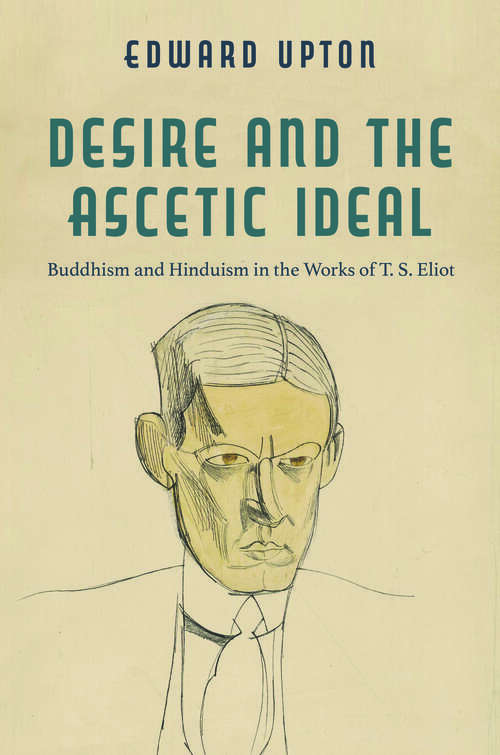
Desire and the Ascetic Ideal: Buddhism and Hinduism in the Works of T. S. Eliot (Studies in Religion and Culture)
Criticism, Religion
Synthetic audio, Automated braille
Summary
The Hindu words "Shantih shantih shantih" provide the closing of The Waste Land, perhaps the most famous poem of the twentieth century. This is just one example among many of T. S. Eliot’s immersion in Sanskrit and Indian philosophy and… of how this fascination strongly influenced his work.Centering on Eliot’s study of sources from ancient India, this new book offers a rereading of the poet’s work, analyzing his unpublished graduate school notebooks on Indian philosophy and exploring Eliot’s connection with Buddhist thought. Eliot was crucially influenced by his early engagement with Indian texts, and when analyzed through this lens, his poems reveal a criticism of the attachments of human desire and the suggestion that asceticism might hold out the possibility that desire can be cultivated toward a metaphysical absolute. Full of such insights, Upton’s book represents an important intervention in modernist studies.